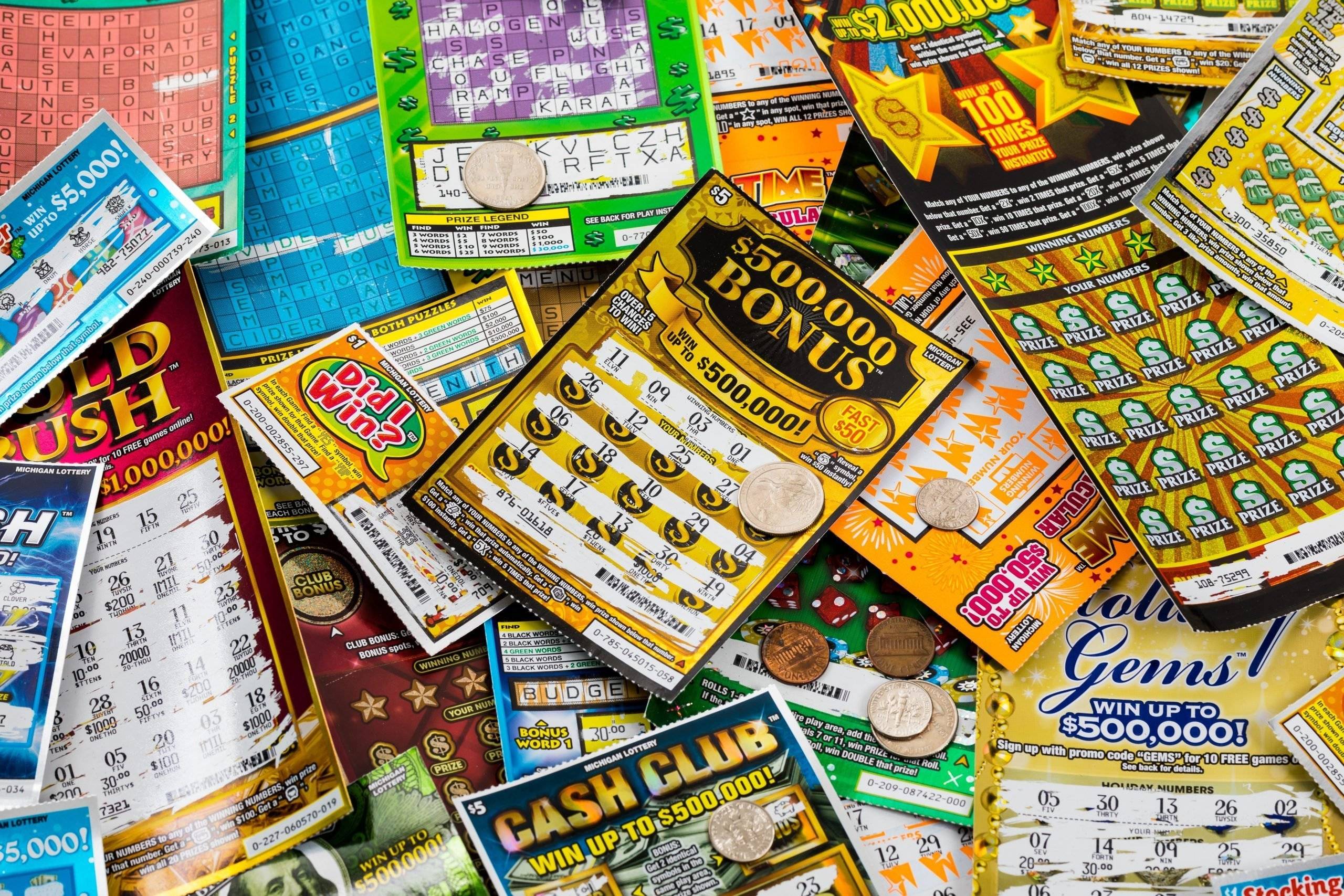
Lottery is a form of gambling where numbers are drawn randomly to determine the winners. It’s a popular pastime, but there are a few things to keep in mind before you play. If you’re not careful, you can end up losing more than you gain. Fortunately, there are some easy ways to improve your chances of winning. You can start by eliminating superstitions, hot and cold numbers, quick picks, and picking your numbers randomly. Instead, try to choose a combination of numbers that have the best ratio of success to failure, and you can easily calculate this ratio using a lottery codex calculator.
The origin of the modern state lottery is a good example of the way that public policy is made piecemeal and incrementally. Despite the fact that almost all state governments require the approval of the legislature and the public for the introduction of a lottery, few, if any, have a clear-cut “gambling policy.” The ongoing evolution of a lottery is thus driven by a number of different forces, and it’s rarely in the interests of the general population.
Throughout history, people have used lotteries to distribute goods and property. In the early American colonies, they were a common source of funds for building schools and colleges. George Washington even sponsored a lottery to raise money for a road across the Blue Ridge Mountains. Although their abuses have strengthened the arguments of those who oppose them, lotteries remain a part of the nation’s culture and have helped many worthy causes.
In addition to their role in the distribution of prizes, lotteries also have a long history as a method for collecting voluntary taxes. In the anti-tax era, lotteries are a welcome source of revenue for state governments. As such, they are subject to constant pressures to increase their size and generate greater profits.
Since New Hampshire initiated the modern era of state lotteries in 1964, they have become a common feature of American life. Almost all states now have lotteries. While critics of the lottery have focused on its alleged regressive impact on low-income communities, the fact is that most people who play state lotteries are middle class.
The odds of winning the lottery are a complex issue that can be difficult to understand. It’s important to know that the odds are not fixed, and they can change over time. Some states have increased the odds by increasing the amount of balls in the game, while others have decreased them to encourage more players. The trick is to find a balance that will attract enough players and still keep the jackpots high. If the odds are too low, the prize will be very small and ticket sales will decline. On the other hand, if the odds are too high, it will discourage players. It’s a matter of finding a good balance.